The work from home culture has made us undisciplined in terms of being inclined towards computers. We have merged our professional and personal life which can affect our overall health. Our lifestyle is definitely gone for a toss with erratic eating timings and irregular sleeping patterns. At Medicircle, we are presenting the Ask The Expert Series for health awareness to understand facts and find solutions related to them. We have come up with the series of Sehat Ki Baat, Karishma Ke Saath. Let’s interact with Expert Karishma Shah about the healthy eating habits for work from home culture.
Karishma Shah is a Renowned Nutritionist and Plant Diet based Food Coach. She is also a Weight Loss Expert, Diabetes and PCOS Educator & Certified in Psychology of Eating
Episode 5 with Karishma shah revolves around the eating habits for work from home culture. She explains the importance of discipline as a must for achieving goals. Karishma also provides some interesting recipes to reduce cravings during the evening. She also says that adding value to thirst is very important as we are working from home.
Binge eating munchies due to work from home culture
Karishma Shah says, “Everyone has experienced weight gain in the lockdown period.
Reasons behind weight gain
Physical Exertion: The major reason behind this is that there was movement involved while commuting to work before the pandemic. We have a tendency of physical exertion right from getting ready for work till reaching our workplace. However, Now with work from home culture, there is some ease which is leading to lack of burning of calories.
Thirst: Many clients have come with a problem where they don't realize the difference between being hungry and thirsty. The work from home culture has resulted in less intake of water by everyone. This results in unusual cravings in the evening around 4 pm- 6 pm. It is a clear indication of less intake of water which results in craving for packaged food and salty food.
Lack of perspiration: Make sure to drink enough water. As we are not stepping out and lack of interaction due to work from home culture may lead to thirstlessness. A minimum intake of 3 liters of water is a must, especially during the summer season. Adding sabja seeds to your water is a great idea this summer to beat the heat and reduce the cravings as well.
Meals: Having your breakfast is very important regularly. Skipping breakfast or lunch can lead to unusual cravings for packaged foods. Follow the particular eating pattern. Skipping dinner will also result in weight gain.”
Easy meals for people with work from culture
Karishma informs,” Learn to become smarter than stress. Stress is always going to stay with us. We have to learn to overcome it. There are nutritional solutions to stress.
Foods: Include anti-inflammatory and antioxidants foods in the diet which will help in faster recovery of stress. Some of the anti-inflammatory foods are as follows:
Haldi Ginger Good fats like coconut oil, and ghee A handful of nuts and seeds.
Habits: Smoking and alcohol should be avoided. It adds stress on the liver and kidney hampering the detoxification process.
Herb Intake: If you're stressed, start taking 1 tsp of Ashwagandha herb in your diet. Mix with soup, water, or smoothie. Ashwagandha is an adaptogenic herb that helps in coping up with the environment. It reduces cortisol levels in the body.
Reducing carbs in diet can affect the brainpower
Karishma points out, “The food which you eat and consume gets converted into energy. Carbohydrates give instant energy while fats and protein give sustained energy. Never forget your macronutrients in the diet. Do not eliminate carbs from your food. Most people avoid carbs in the form of rice and Rotis. Brain energy is facilitated with carbohydrates. If you start eliminating or reducing carbs, it will affect your brain's cognition value. Try eliminating bread, wafers, junk snacks, noodles, ready-made foods like burgers, pizza, and pasta which are simple carbohydrates. Try including dal rice, homemade fresh chapatis with veggies, khichdi with veggies, theplas with local veggies, pulao, and curry which has complex carbohydrates.”
Maintaining balanced diet
Karishma emphasizes, “ Everyone has a different understanding of a balanced diet. A balanced meal is sufficient consumption of macronutrients and micronutrients as per the RDA (Recommended Daily Allowance) values. There should be discipline in life to achieve goals. To be the best version of yourself, you need to be disciplined. Maintaining discipline for 5 -6 days a week is a must. You can have a treat day once a week. Maintain a nutritious diet which allows you for a balanced healthy condition for your body.”
Maintaining healthy skin
Karishma informs,” For good skin at home in lockdown, the two tips are :
Sugar: Do not consume sugar. If you are consuming sugar throughout the day in the form of tea or sweet dishes, it will lead to an acceleration of aging. Acne occurs as a result of consuming sugar. Try to avoid sugar. This will help you look younger.
Vegetables and fruits: Consumption of fruits and vegetables are very important.”
Healthy juice recipes for good health
Karishma shares healthy juice recipes and informs,” There are two juices which can be included daily:
Red juice recipe: Tomato, beetroot, carrot, amla, pudina, and coriander should be blended well. The juice should be consumed with ginger, lemon, and a dash of rock salt. Consumer it immediately and do not store it. Consume this in the morning for instant energy or for an evening snack. This will reduce the unusual cravings
Green juice: Cucumber, mint leaves, coriander, ginger, celery, and amla should be blended well. This green juice with lemon and dash of rock salt would be good for health.”
Healthy snack mix of Bhel
Karishma advises, “Boiled sprouts should be included in the bhel for snacks. Ensure to boil sprouts so that you can avoid bloating and indigestion. Include some chopped tomatoes, cucumber, potatoes, onions, coriander with a dash of spices, and lemon. This is better than local bhel as it is a good source of protein and healthy snack”
A myth about Desserts after meals
Karishma points out, “Deserts give mental satisfaction. Deserts are rich in sugar with some chocolate or fruit. Consuming a dessert before food will make you feel fuller and avoid overeating. Indulging in a desert after a meal will exert pressure on your body. Include desserts after meals to satisfy your mental cravings and to avoid overeating during meals.”
(Edited by Dr. Rati Parwani)

 A must-watch episode of Sehat ki Baat, Karishma Ke Saath. Her valuable recipes which include some healthy juices and snacks can help you reduce unusual cravings. A true expert who teaches us to recognize the difference between being thirsty and hungry. A nutritive value-added episode is important to embrace the work from home culture.
A must-watch episode of Sehat ki Baat, Karishma Ke Saath. Her valuable recipes which include some healthy juices and snacks can help you reduce unusual cravings. A true expert who teaches us to recognize the difference between being thirsty and hungry. A nutritive value-added episode is important to embrace the work from home culture.






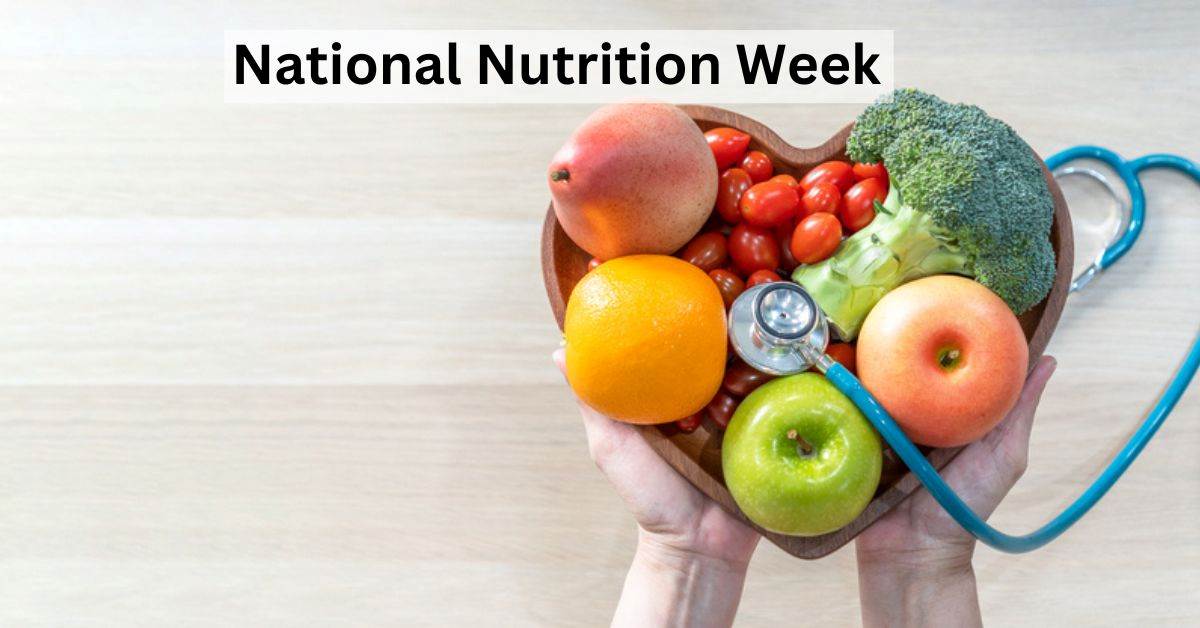

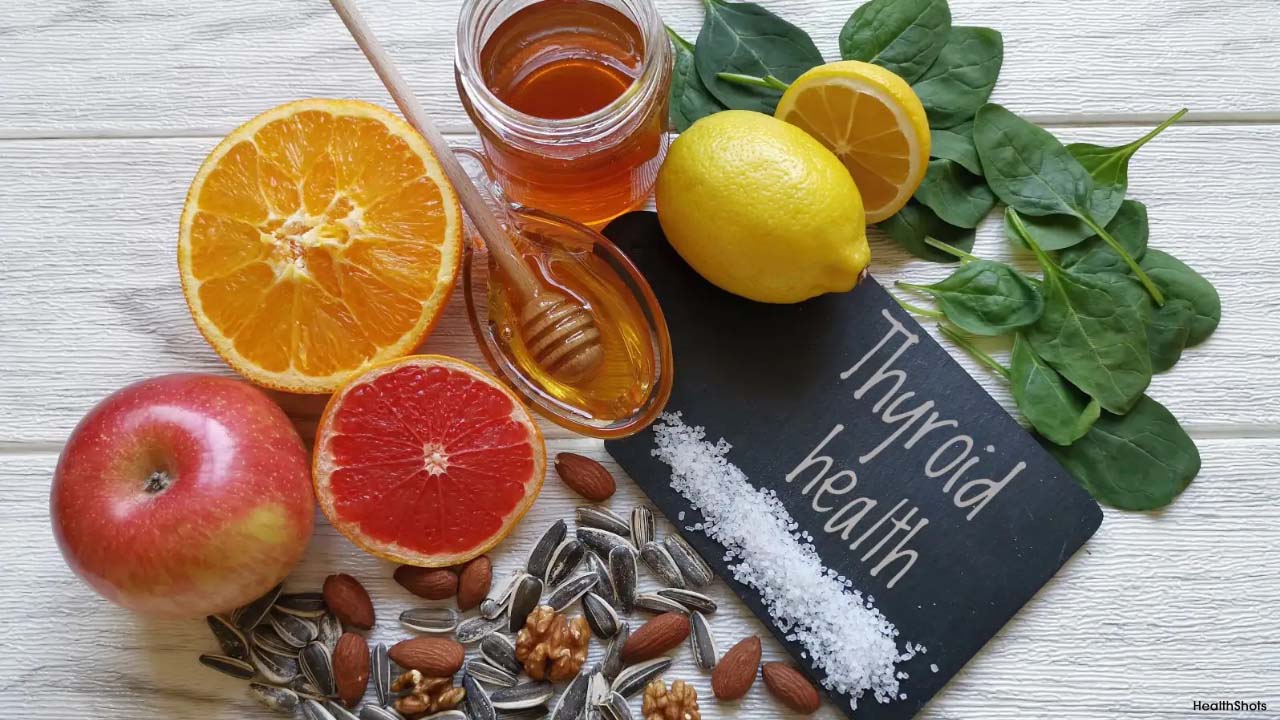
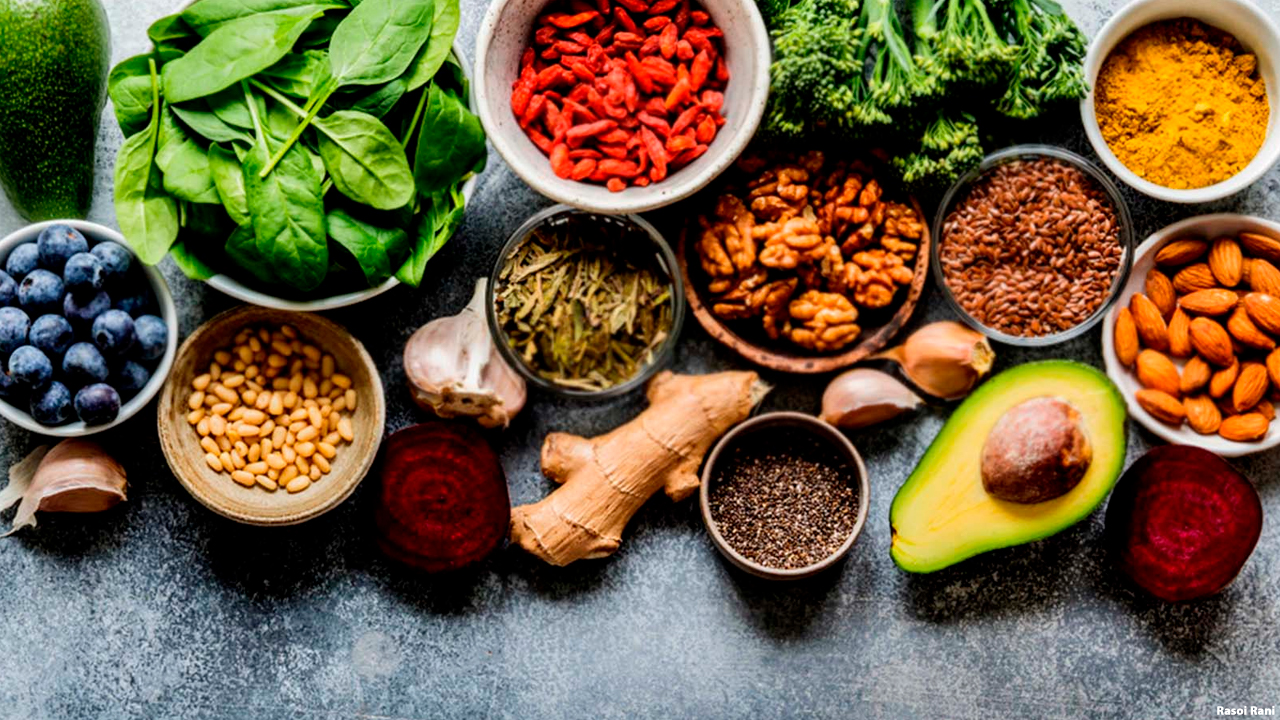

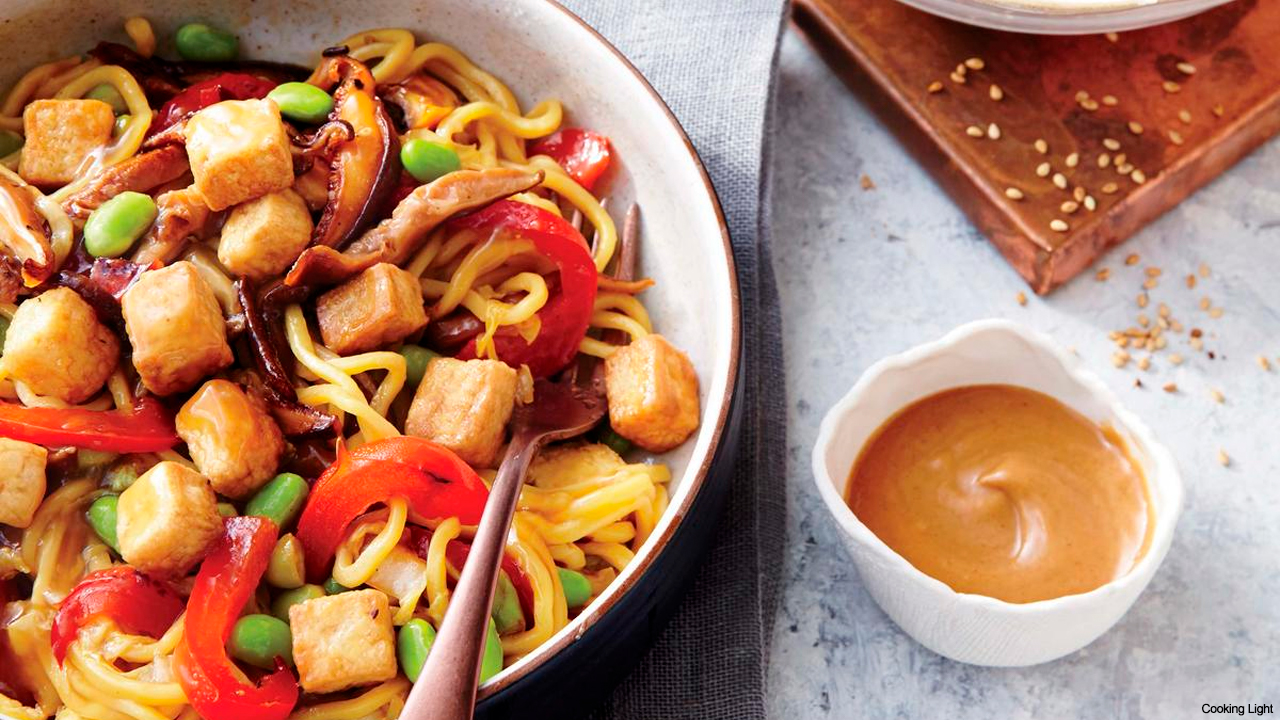

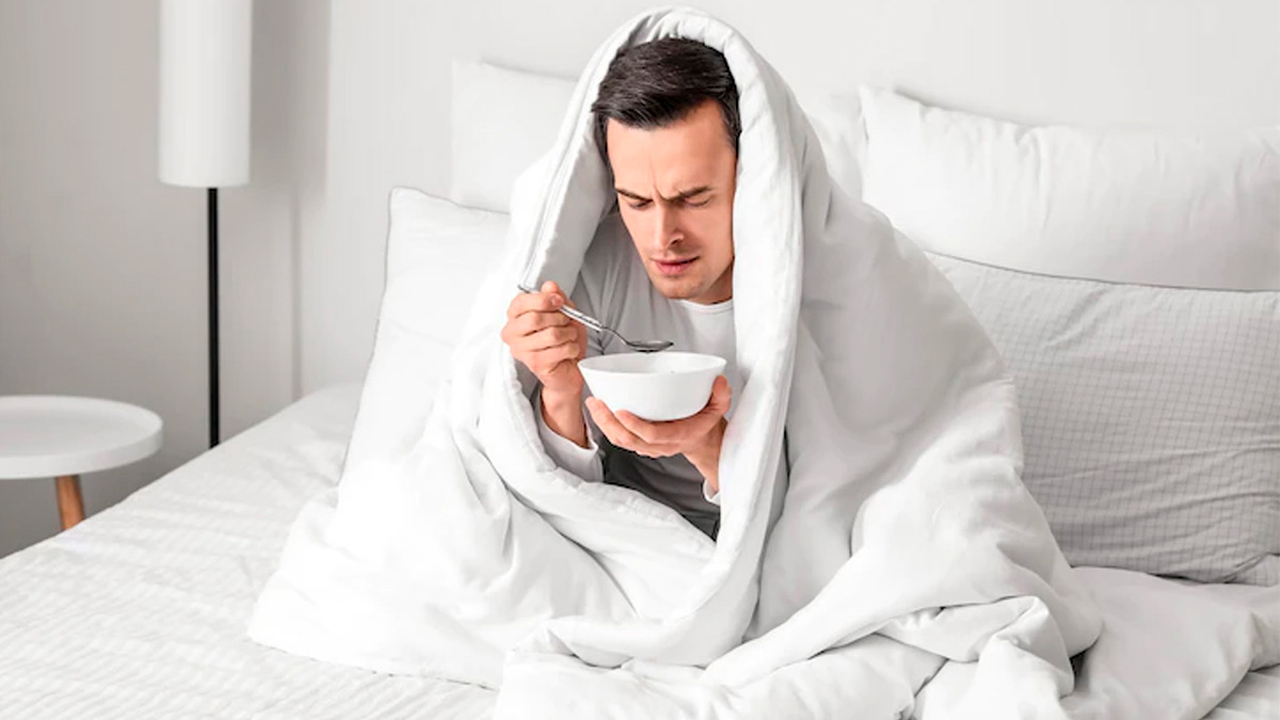
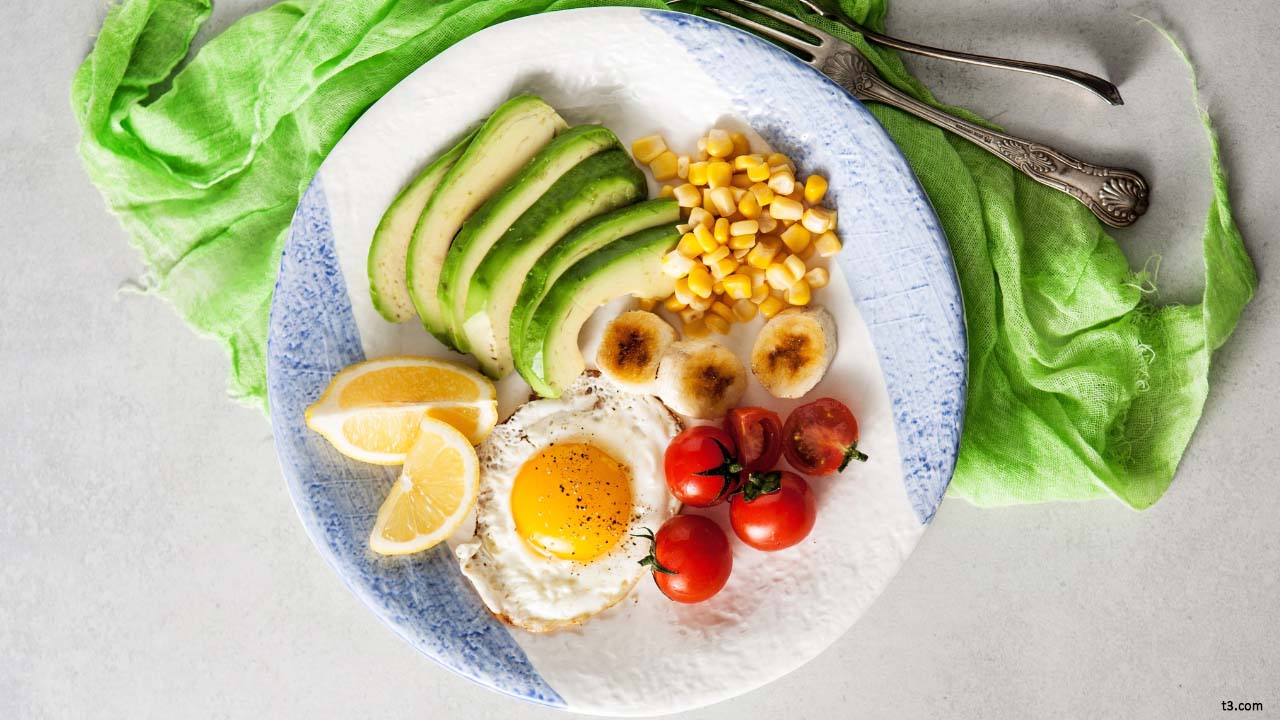





.jpeg)




















